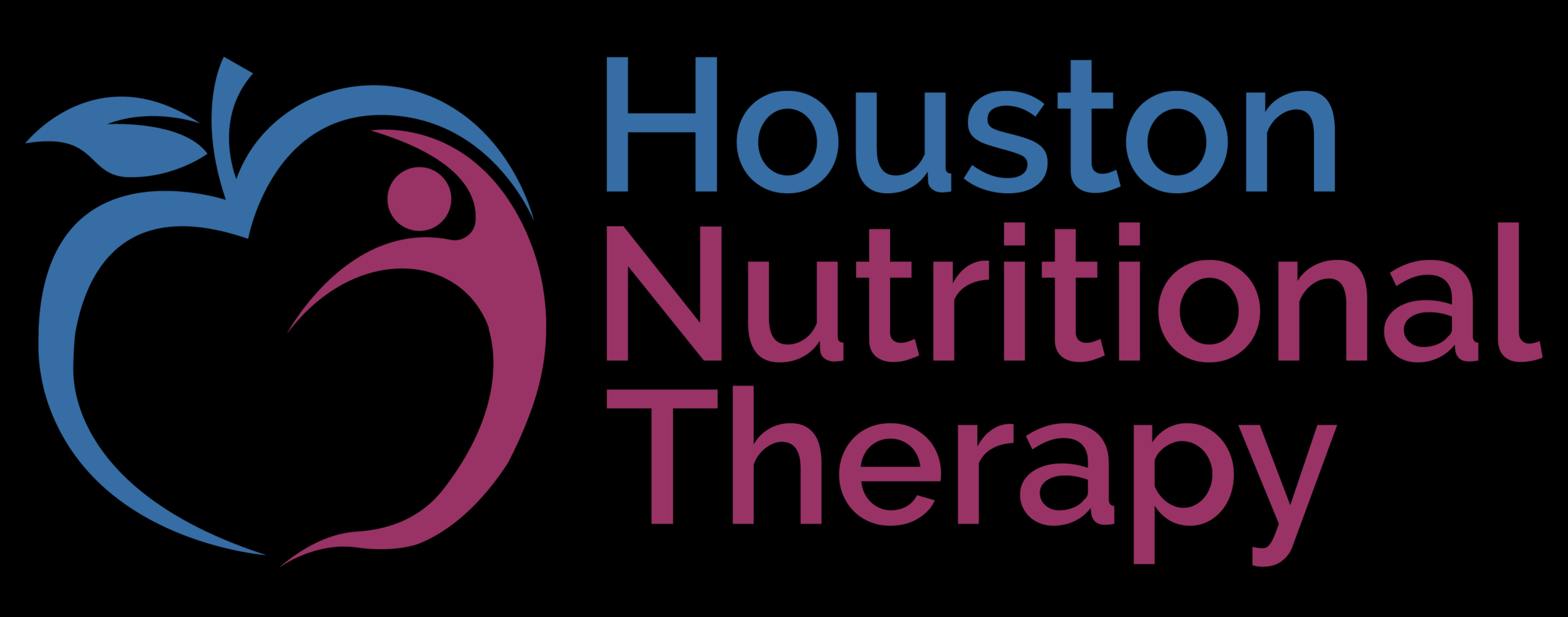Supplements aren't an EASY button
Someone called me yesterday who was only interested in lab testing their nutrient levels, so he knew what supplements to add. I wanted to break this down for you, so you understand why this doesn’t give you a complete picture.
While I’m happy that people are thinking about natural supplements as a way to improve health, I worry that it promotes the “pill swap” mentality. I prefer to use very targeted supplements as a bridge to bring a client up to sufficiency levels faster, while at the same time teaching them how to maintain a good level with a nutrient-dense, whole-foods diet. That being said, there are some nutrients that are difficult to keep in the right range with just food, especially in this age of mono-crop farming where the soil has been depleted of nutrients and the level of environmental toxins we face today.
Why aren’t supplements the answer?
First, you can take the best supplements in the world, but if you’re not digesting them and absorbing them properly, you might as well just throw your money into the toilet and flush it. Take, for example, a client with low stomach acid - and, boy howdy, a lot of us fall into this category. In fact, if you suffer from heartburn or GERD, we really need to talk, because reducing your stomach acid is not resolving the root cause of those issues, leading to some devastating downstream effects.
But, I digress. One of the drawbacks of low stomach acid is a reduction in “intrinsic factor” which diminishes the ability to absorb vitamin B12.
Second, you can take a supplement, but without the right accompanying nutrients, you might have very minimal absorption. An example of this is turmeric supplements. By themselves, they’re not very bio-available, but taken with a little bit of black pepper and healthy fat, you can change that
Third, you can take a supplement, but may have a lack of the enzymes needed to digest the nutrients. This results in poorly-digested molecules damaging the gastrointestinal tract.
Fourth, you can take a supplement, but may have such a damaged epithelial lining of your small intestine that you can’t absorb much of anything. This is really serious and needs to be addressed asap or it can lead to autoimmune diseases.
Fifth, you can take a supplement, but have gut dysbiosis that gobbles up the nutrients and leaves you with nothing except strengthened pathogens. When bad bugs overrun the beneficial bugs, bad things happen. With the gut/brain connection, it can even result in mental health concerns or cognition issues.
I could continue, but I’ll stop there. The point is that you need to dig deeper and look at the whole picture to really make a difference in your health. It’s very rare for there to be one simple answer to chronic health concerns. Trust me, I really wish there was an “easy button.” Our bodies have an amazing ability to handle one or two or a few obstacles at the same time. In most cases, it’s a multi-factorial concern and, like peeling an onion, requires a systematic approach to uncover and address each contributing factor.
Good thing I love a puzzle, right?
